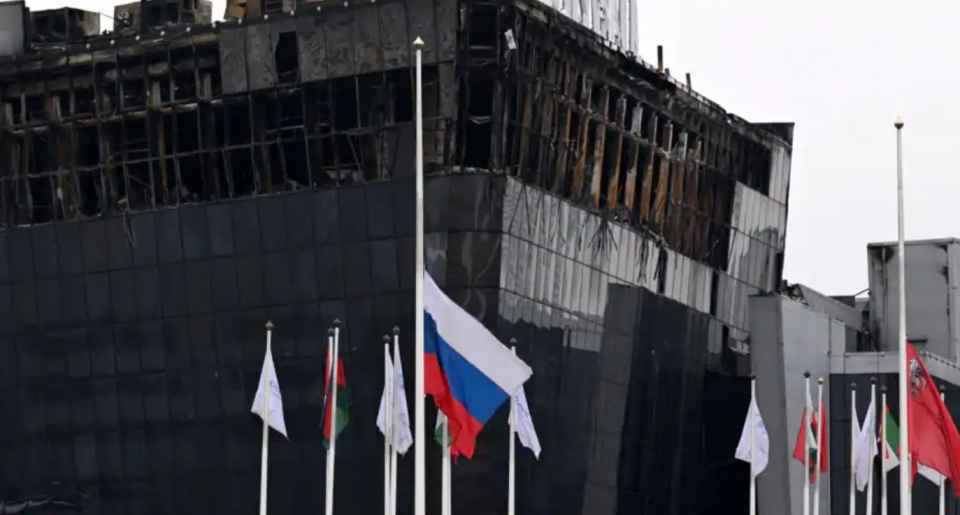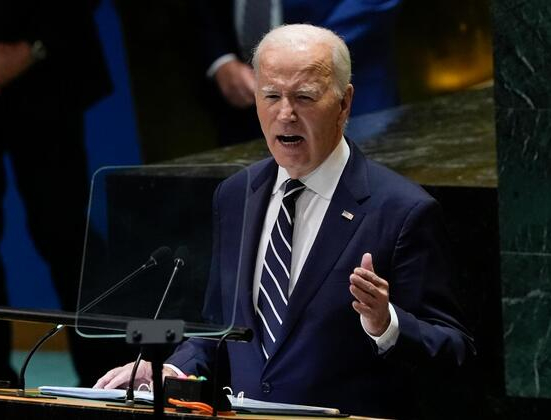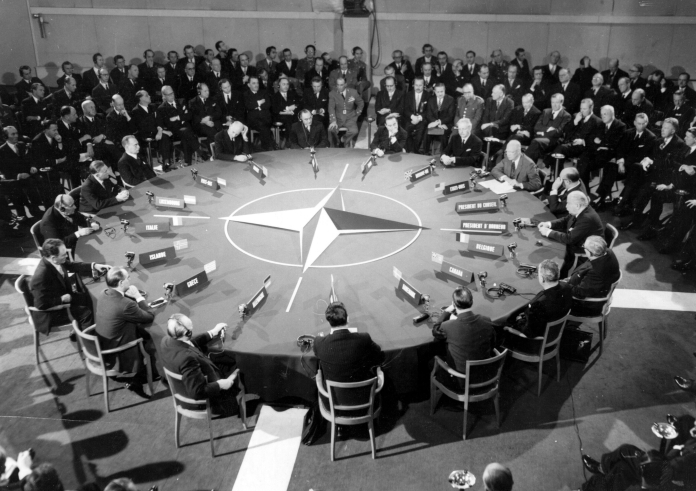Last week’s tragic massacre at a concert hall near Moscow, where 143 lives were lost and over 180 individuals injured, underscores the expanding reach of Islamic State-Khorasan beyond its South-Central Asian base, experts caution.
Although the Islamic State group claimed responsibility for the attack, U.S. officials allege that it was actually orchestrated by IS-Khorasan. The incident has sparked condemnation from the Taliban, with Abdul Qahar Balkhi, the Taliban’s foreign ministry spokesperson, denouncing it as a grave violation of human standards and urging regional countries to unite against such destabilizing acts.
In a 30-page statement released on social media platforms and sent to journalists, the Islamic State praised the attack, ridiculing the Taliban for its diplomatic overtures to various nations, including the United States and Russia.
Homayoun Mohtaat, former Afghan deputy ambassador to Russia, emphasizes that the assault highlights IS's capability to execute complex operations resulting in significant casualties, underscoring the group’s maneuverability and expansion beyond Afghanistan.
Despite claims of success against IS-Khorasan by the Taliban, a U.N. report indicates the group remains a significant threat in Afghanistan and the broader region. With estimates of its fighters numbering between 4,000 and 6,000, IS-Khorasan exploits weak security and governance structures, as well as strategic vacuums in the region, according to Kamran Bokhari, senior director at the New Lines Institute for Strategy and Policy.

















